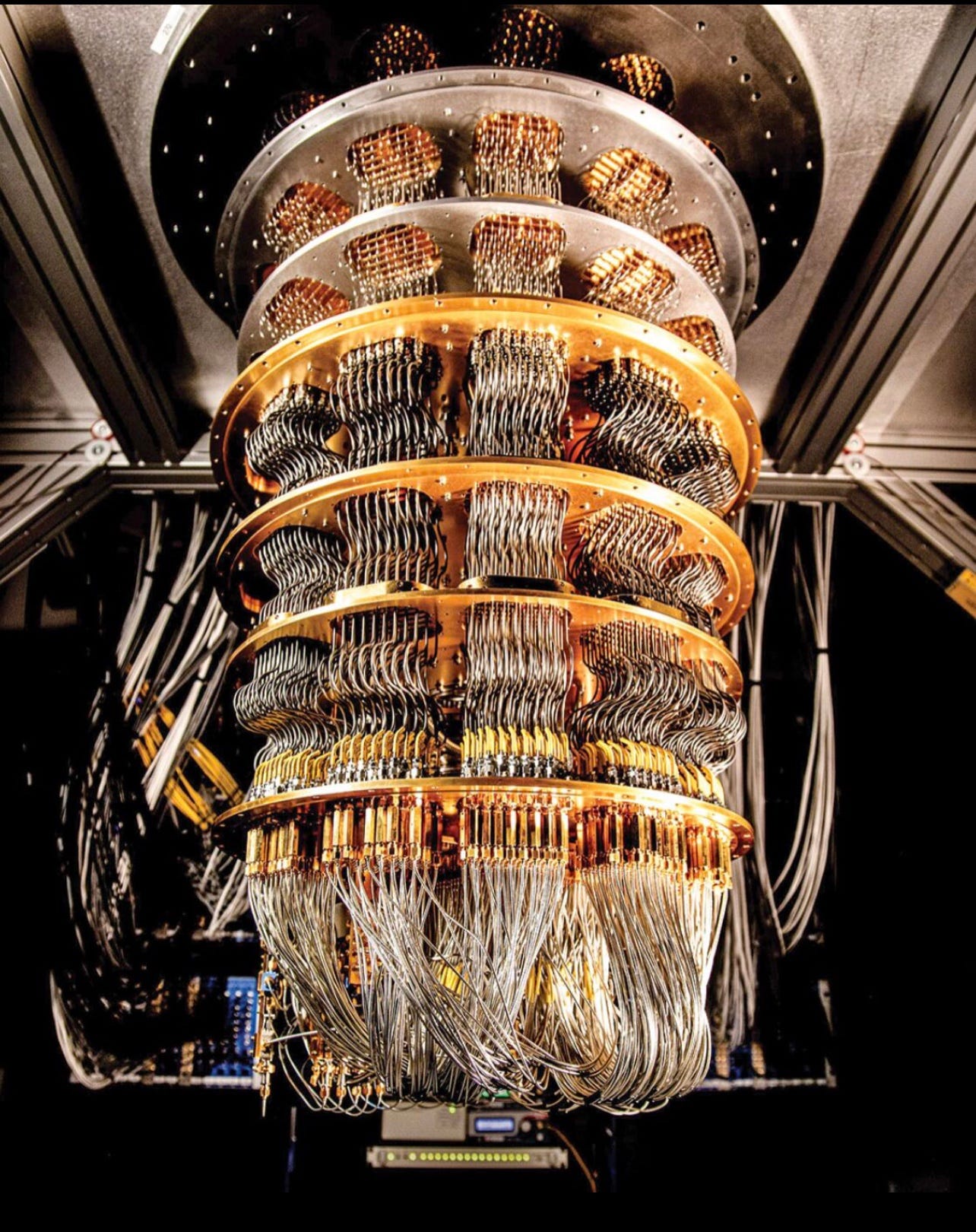Hydra Tech Insights
Stay updated with the latest in technology and gaming.
Quantum Computing: Why Your Next Computer Might Be a Wizard's Hat
Discover how quantum computing could turn your next computer into a wizard's hat of magic! Unveil the future of technology today!
Unraveling the Mystery: How Quantum Computing Works in Everyday Language
Quantum computing is a fascinating technology that taps into the strange principles of quantum mechanics, which is the science of the very small. Imagine a regular computer as a highly efficient librarian that looks through a vast library one book at a time to find the information you need. Now, picture a quantum computer as a magical librarian who can simultaneously inspect many books all at once! This ability comes from quantum bits, or qubits, which can exist in multiple states at the same time, thanks to a property called superposition. This means that quantum computers can perform complex calculations much faster than traditional computers.
Another key concept in quantum computing is entanglement. This phenomenon occurs when qubits become interconnected, so the state of one qubit can depend on the state of another, even if they're miles apart. Imagine two dancers performing a perfectly synchronized routine—no matter how far apart they are, if one changes its step, the other does too. This unique property allows quantum computers to process vast amounts of information simultaneously, making them potentially revolutionary for fields like cryptography, drug discovery, and optimization problems. In essence, quantum computing holds the promise of solving problems that are currently beyond our reach.

Can Quantum Computers Solve Problems Faster Than Traditional Ones?
Quantum computers have emerged as a revolutionary technology that leverages the principles of quantum mechanics to perform calculations at unprecedented speeds. Unlike traditional computers, which rely on bits as the smallest unit of data, quantum computers use qubits, allowing them to process multiple possibilities simultaneously. This unique capability enables quantum computers to tackle complex problems, such as optimization and cryptography, more efficiently than their classical counterparts. For instance, problems that would take traditional computers thousands of years to solve could potentially be handled in mere minutes with quantum processors.
However, it is essential to understand that quantum computers are not a panacea for all computational challenges. While they excel in specific tasks like factoring large numbers or simulating quantum systems, traditional computers remain more practical for everyday applications. In many cases, quantum computers complement rather than replace classical systems. As research and technology continue to advance, the goal is to develop quantum algorithms that can process information faster while integrating seamlessly with existing infrastructures, heralding a new era of computation.
The Future of Technology: Will Your Next Computer Come with a Wizard's Hat?
The future of technology is not just about faster processors and sleeker designs; it's about integrating imagination into the fabric of everyday computing. As we move towards more interactive and immersive experiences, one can't help but wonder: will your next computer come with a wizard's hat? This whimsical idea encapsulates the merging of augmented reality (AR), artificial intelligence (AI), and user experience. Imagine a computer system that not only responds to your commands but also anticipates your needs, transforming mundane tasks into a magical experience.
In this new era, the notion of a computer wearing a wizard's hat serves as a metaphor for the enchanting capabilities of future technology. With developments in machine learning and natural language processing, computers will soon be able to perform complex tasks with an ease that feels almost magical. Consider the potential of AI-driven personal assistants that not only organize your schedule but also provide insights based on your behavior and preferences. Embracing this vision of the future means welcoming a blend of creativity and innovation, where our devices become extensions of our imagination, making everyday life nothing short of extraordinary.